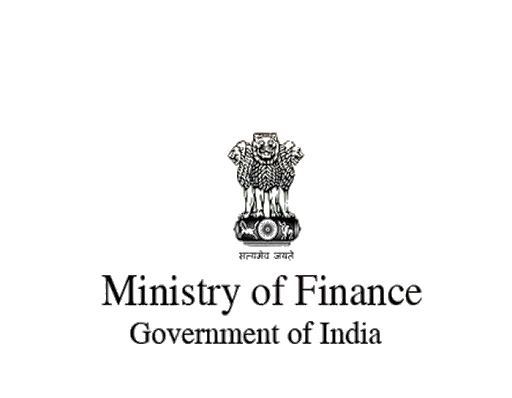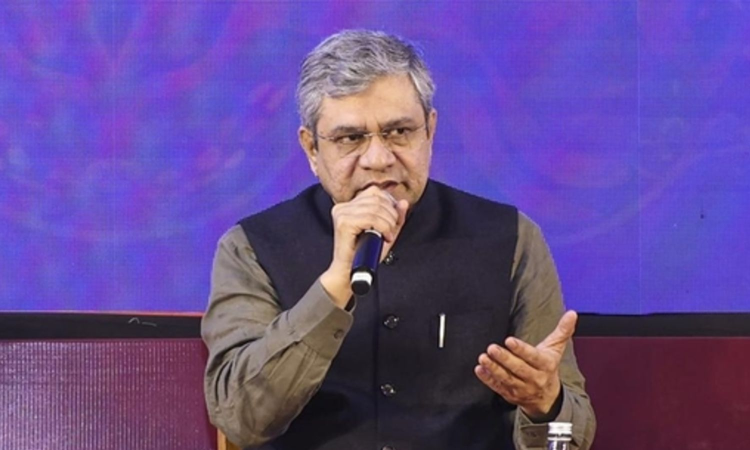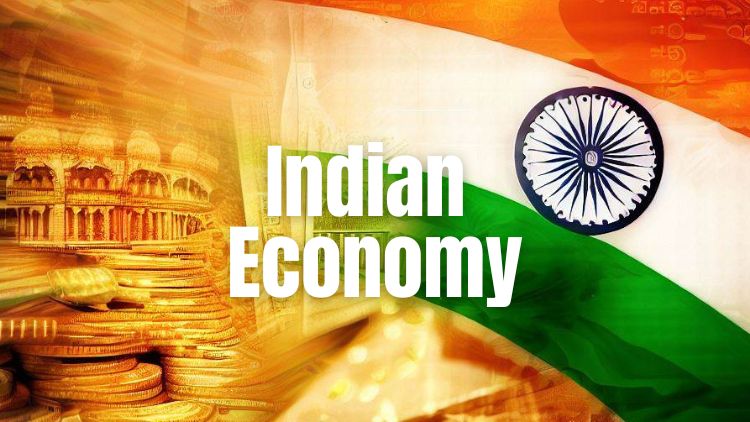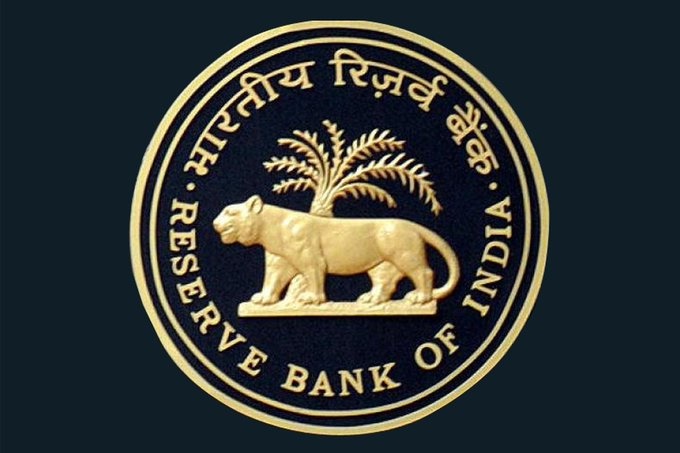General Motors to stop selling cars in India, would no longer market Chevrolet
Thu 18 May 2017, 19:46:21
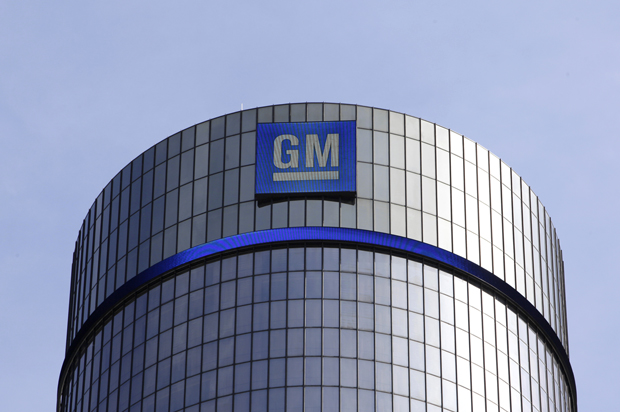
General Motors Co will stop selling cars in India from the end of this year, drawing a line under two decades of battling in one of the world’s most competitive markets where it has less than a one percent share of passenger car sales. The decision was announced as part of a series of restructuring actions from the Detroit automaker on Thursday and marks a significant blow to India’s strategy of encouraging domestic manufacturing.
GM says it would no longer market its Chevrolet brand – its only brand of cars marketed in India – despite India’s promise as a market set to overtake Japan as the world’s third largest in the next decade. But it doesn’t plan to leave India entirely.
It plans to keep operating its tech center in Bangalore and to refocus its India manufacturing operations by making one of its two assembly plants in India – the one at Talegaon, about 100 km (62 miles) southeast of Mumbai – into an export-only factory. It plans to sell the Halol plant in the western Gujarat state to Chinese joint venture partner SAIC Motor Corp.
“We are not giving up benefits India offers as a local cost manufacturing hub with an excellent supplier base which is extremely
competitive,” Stefan Jacoby, GM’s chief of international operations, said in an interview. GM’s exports from India, mainly to Mexico and Latin America, nearly doubled to 70,969 vehicles in the fiscal year than ended on March 31. The Talegaon plant has a capacity of 130,000 vehicles a year.
competitive,” Stefan Jacoby, GM’s chief of international operations, said in an interview. GM’s exports from India, mainly to Mexico and Latin America, nearly doubled to 70,969 vehicles in the fiscal year than ended on March 31. The Talegaon plant has a capacity of 130,000 vehicles a year.
Jacoby said the move to turn the Talegaon assembly into an export-only plant will not impact GM Korea and its position as an export hub. India will export vehicles mostly to Mexico and South America, among other destinations, while GM Korea will ship Korean-made cars to North America, Southeast Asia, Australia and Pakistan.
Dan Ammann, GM’s global president, said the restructuring actions for India announced on Thursday, in essence, cancels “most” of the plan GM unveiled in 2015 to invest $1 billion in India to deploy newly-designed vehicle architecture as part of a Global Emerging Market vehicle programme or GEM for short, and build a new line of low-cost vehicles in India.
The decisions to significantly scale down GM’s operations in India are results of months of analysis over “where we are going to place our bets (globally) as a company,” Ammann said in an interview.
No Comments For This Post, Be first to write a Comment.
Most viewed from Business
AIMIM News
Latest Urdu News
Most Viewed
May 26, 2020
Do you think Canada-India relations will improve under New PM Mark Carney?
Latest Videos View All
Like Us
Home
About Us
Advertise With Us
All Polls
Epaper Archives
Privacy Policy
Contact Us
Download Etemaad App
© 2025 Etemaad Daily News, All Rights Reserved.






